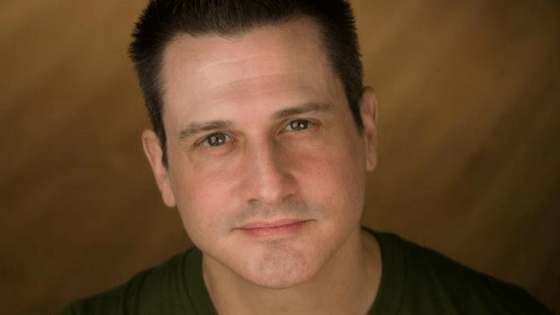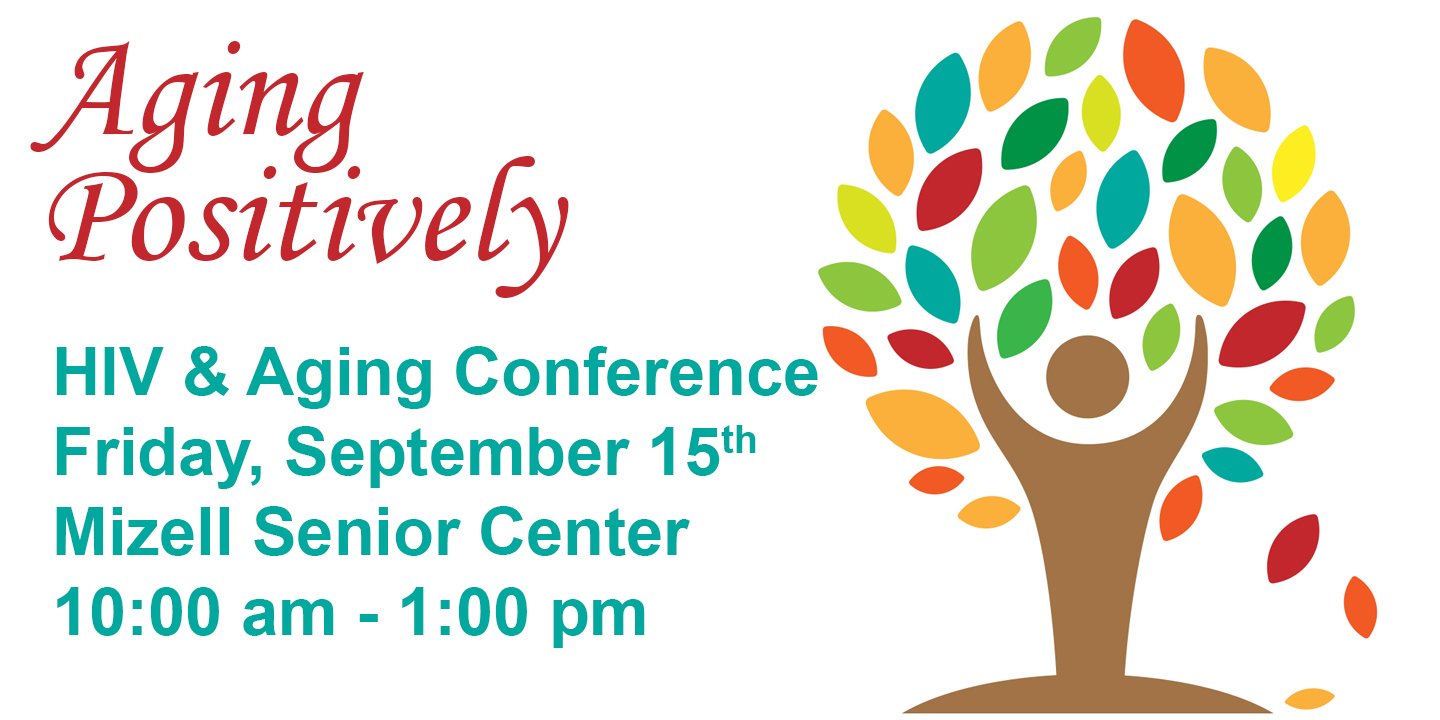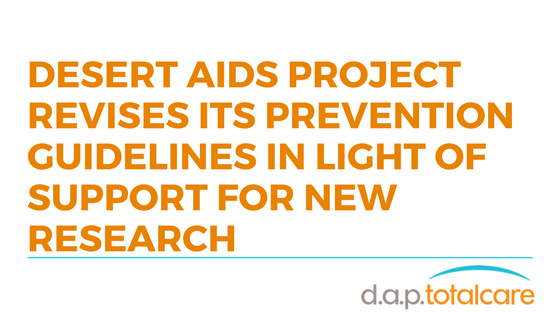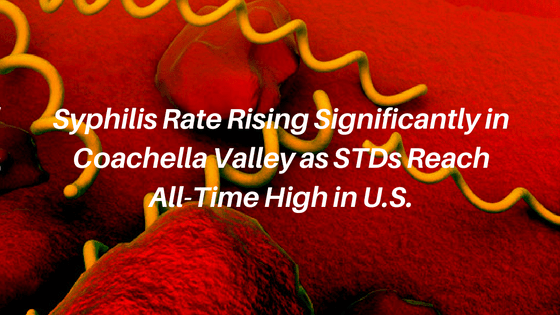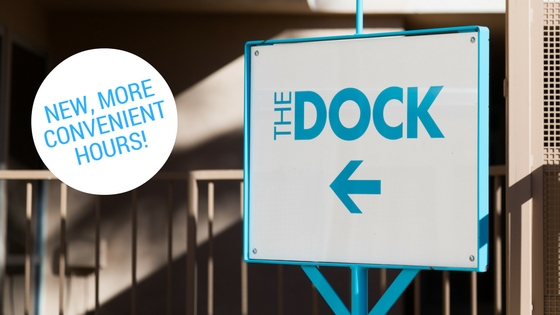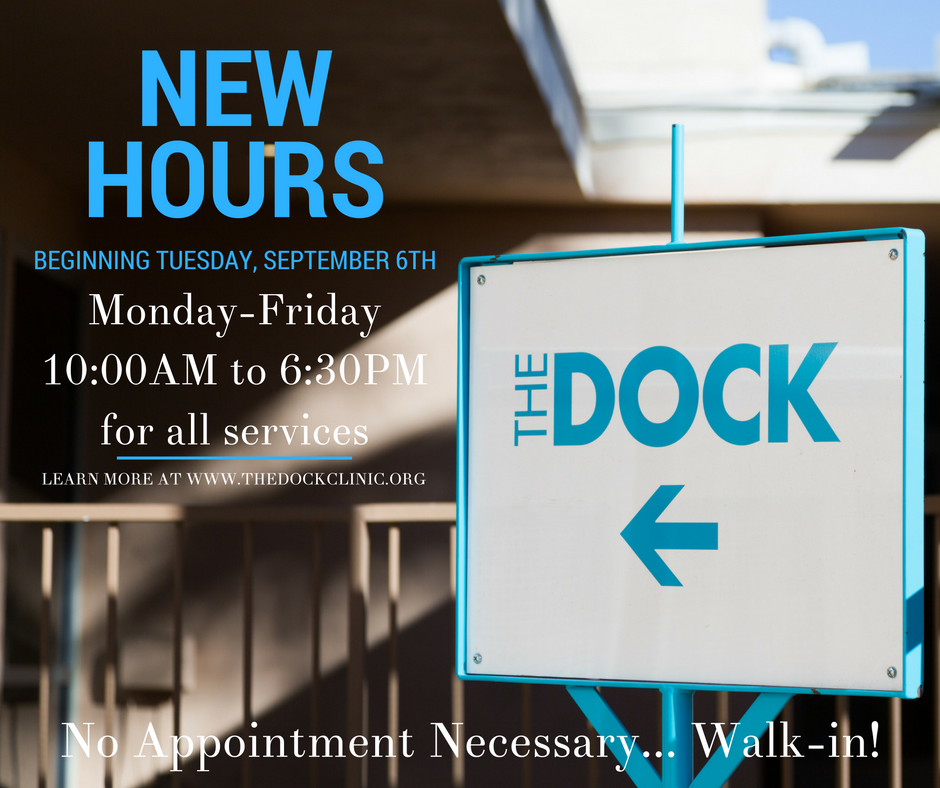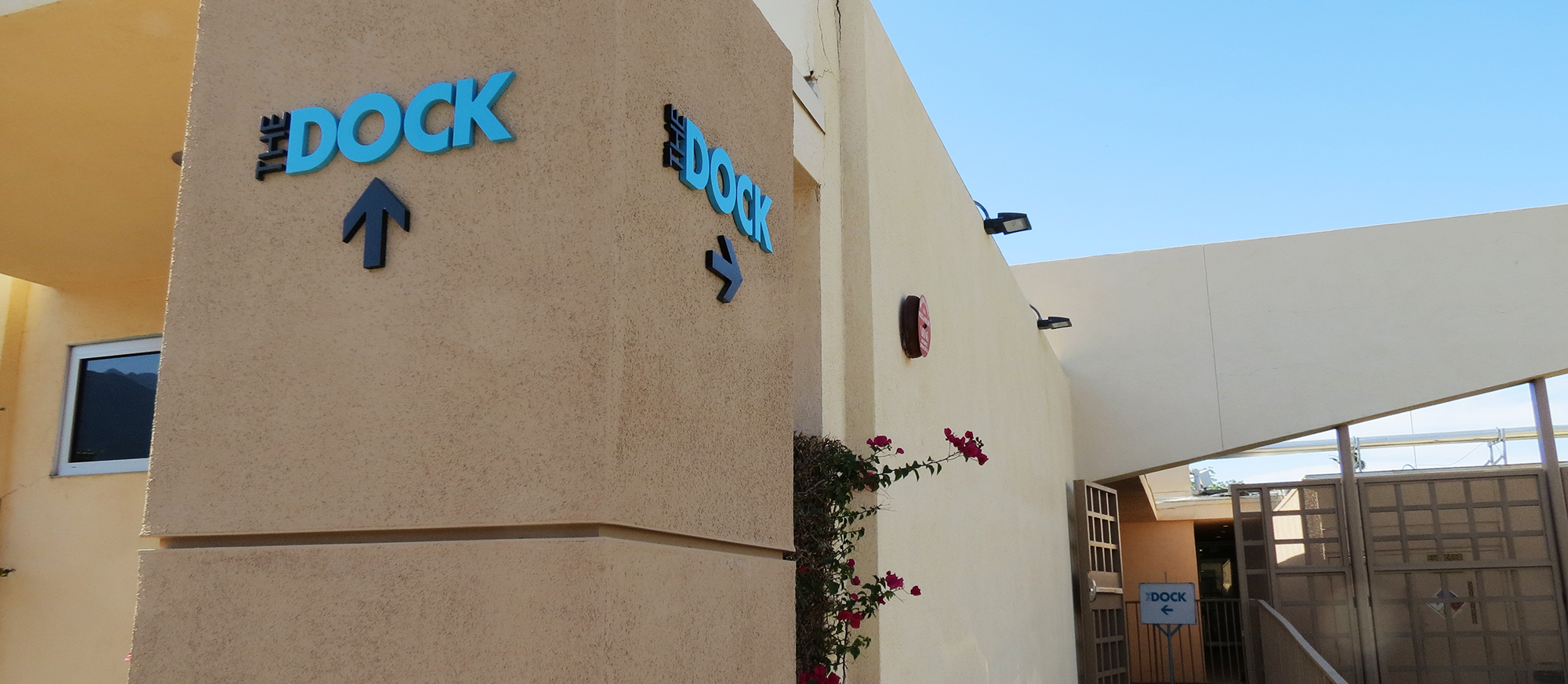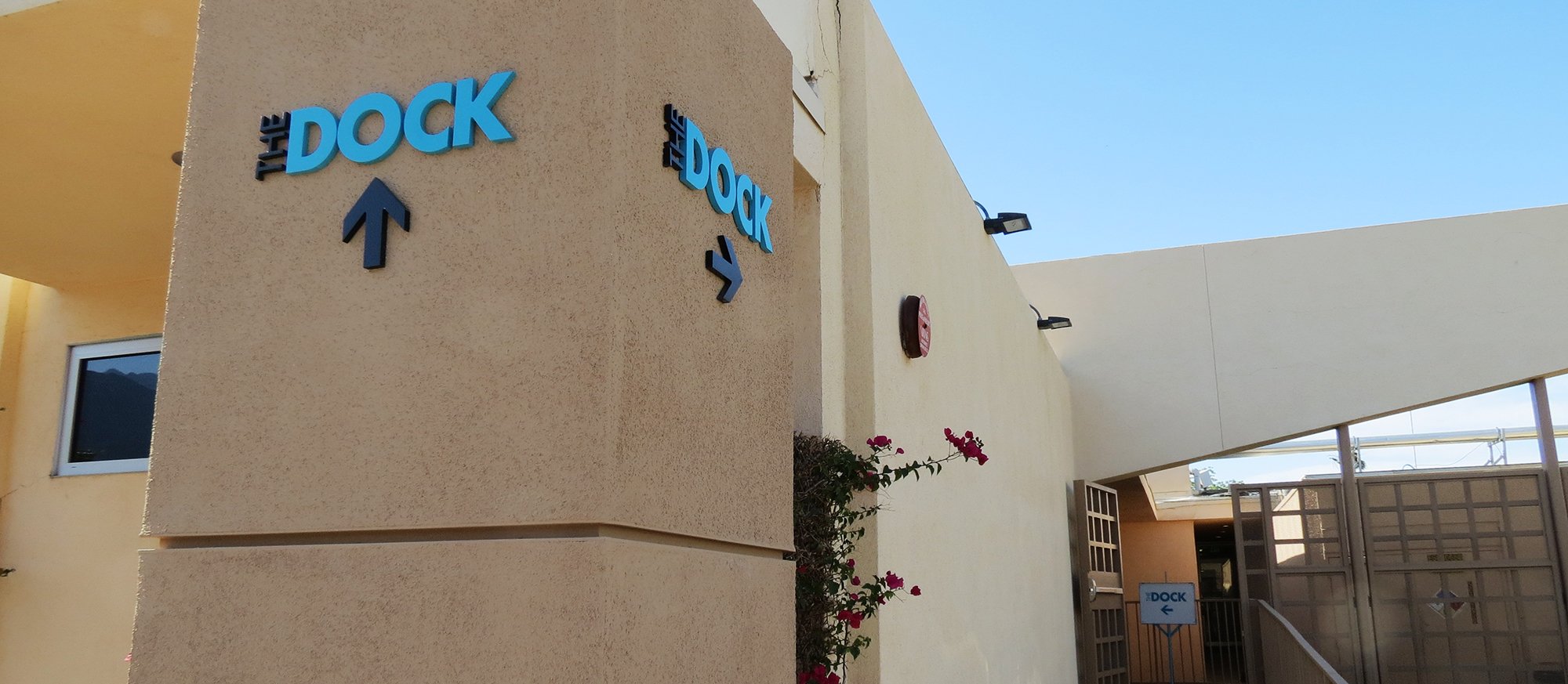Join us in person for a complimentary drink or two plus passed hors d’oeuvres, or watch our Facebook Livestream during the event to ask this nationally recognized PrEP advocate your questions.
Getting our heads around how PrEP and PEP works likely is less of an undertaking than the emotional implications it will have for how we connect with our partner/s in this new era.
According to Bruce Weiss, Desert AIDS Project’s Director of Community Health, “Before PrEP and PEP, the only way of protecting each other and ourselves from contracting HIV was abstinence and condom use. Abstinence was frustrating, and relying solely on condoms proved challenging for many. Not only did new infections still occur at a destructive pace, many felt a sense of fear around sex, as well as worry when getting regular HIV tests. We have heard consistently from gay men that it was hard to really enjoy sex without this fear and anxiety, even when consistently using condoms.”
Old ways of thinking, like other habits, die hard. But with PrEP, this fear surrounding sex is no longer necessary for us to protect each other and ourselves. Damon Jacobs, LMFT, is determined to help us grasp this, and even go deeper.
According to Jacobs, we are still not discussing how we cognitively and emotionally connect. The puzzle he wants to help each of us solve is “how can sexual connections be experienced as meaningful whether they last an hour, a year, or five decades.”
If anyone should know, it’s Damon Jacobs. He’s a licensed marriage and family therapist, HIV prevention specialist, and nationally-recognized PrEP advocate.
“Integrating PrEP education into a private psychotherapy practice was a natural fit for me, given my work for most of the past 20 years has centered on enhancing serenity in individuals, increasing pleasure in relationships, and challenging oppressive structures in society.”









